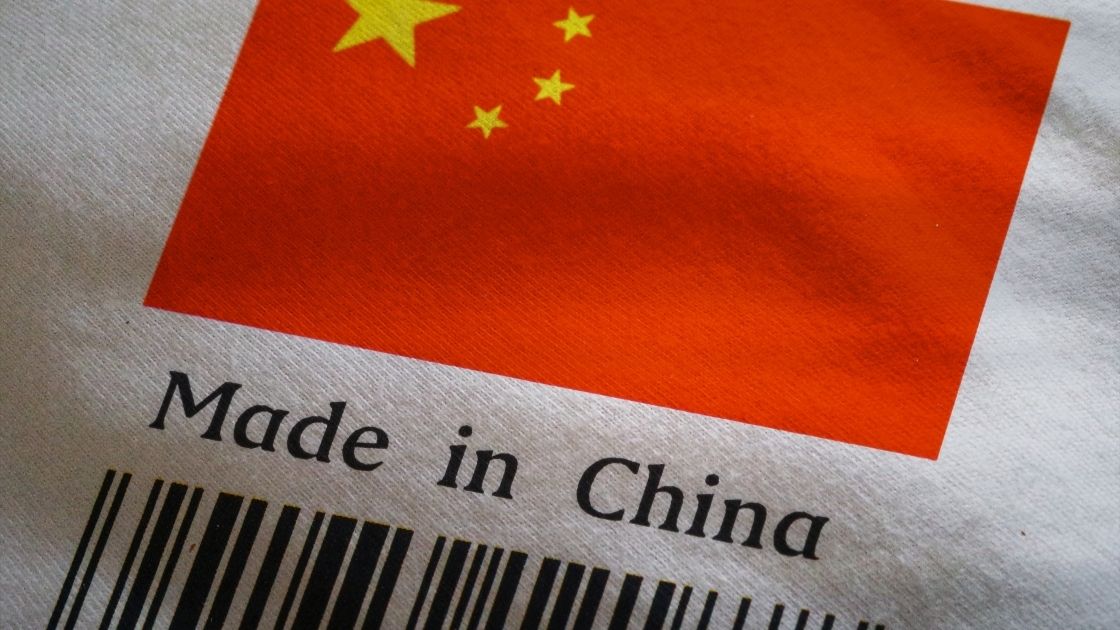Sourcing products from China can be a profitable move for your business, but you are also likely to encounter a lot of bumps on the road. Whether it is dealing with cultural differences, language barriers, or just different business practices,
The best way to succeed is to understand potential issues before you even start. This guide is meant to be a primer and to give you a few things to think about when embarking down the China sourcing road.
1. Setting Your Expectations
When you decide to Sourcing products from China, the first thing you need to understand (and accept) is that you are no longer dealing with people in your own country, which follow business practices and behave in ways you are familiar and comfortable with. You will need to keep reminding yourself of this fact, over and over again. As long as you come to fully accept this, and try to learn how to conduct business with the Chinese manufacturers, then this can be a very profitable experience for you.
The moment you forget and have expectations that things “should” be a certain way, is when you will start sabotaging yourself. One of the biggest expectations you have to learn to put in check is time (and speed). When negotiating with Chinese suppliers, being in a hurry is the worst thing you can possibly do.
What you will find is that communications may in fact happen quickly at certain stages in the process, then they come to a halt. Especially around the time of getting you a formal price quote. Negotiating a good price will take time and a lot of back and forth communications. If you are in a hurry, you will not get the best prices, ever.
2. They Always Say Yes
Once of the things you will learn when you communicate with Chinese suppliers is that they will have a tendency to always say yes. They simply do not like to say no to you, so if you ask whether they can give you a “red widget” they will say yes, even if they only have green widgets.
If you simply take them for their word, when it comes time to order, they will either not be able to fulfill or they will fulfill the wrong one, unless you were very, very specific throughout the entire process.
In order to overcome these types of issues, you should never just accept the fact that you were told something. Throughout the entire sourcing process, you need to very clearly specify every item, feature, functionality, and specification for what you want to receive.
Never, ever assume that yes really means yes!
3. Language Barriers
When communicating with the suppliers, besides cultural differences, you will also have to deal with language barriers. Many of the suppliers you will deal with have very poor English communication skills. In fact, many of them will use tools such as Google Translate to write emails to you
.
The communication you receive will often be in very broken English, and may not even make any sense at times.
It is important that when you write to your suppliers, you use very, very simple language and write in the most proper English you can. Avoid using slang and/or sayings that are culturally based.
For example, in the US you may hear someone say: “that’s the bomb” to mean “that is great.” A Chinese supplier is unlikely to understand that meaning, so read and re-read your communications before sending them to make sure they are simple and proper.
4. Business Practices
The Chinese simply do business differently than most of the rest of us. Due to many reasons, simple things we take for granted, like the ability to pay with PayPal or a Credit card are a big issue for them, and they will request that you make payments via Western Union, Bank Wire, or some similar means. This is just the way things work there.
The Chinese will have long holidays where their factories can shut down for extended periods of time and there will be nobody available to talk to you or answer your emails.
During the Chinese New Years’ celebration, for example, it is not uncommon for factories to shut down for as long as an entire month! If you try and get a hold of them during those times, it does not mean you are being ignored, it simply means they are not there. It’s just the way it is.
You will find many, many differences in the way business is done where you live as compared to China. You will need to accept how things are done in China and learn to adapt so you can be successful in sourcing from there.
5. Your Business Relationship
Your goal should be to establish a great relationship with your supplier, whether in China or elsewhere. A great supplier relationship that you can count on is worth gold in this business. In order to establish a great relationship, you need to take into account not only your needs but theirs as well.
Suppliers in China tend to specialize in mass production. They can produce large quantities fast and relatively inexpensively. When creating a private-labeled version of a product, they may be required to create (or adjust) tooling and train their staff.
As you can imagine, this is an expensive process, so most Chinese suppliers will not be willing to private label a product for small quantities of less than 1,000, and sometimes much higher. It simply is not worth their time. Although you can find suppliers who will sell you lesser minimum quantities, these are more difficult to find, and they may have other restrictions and higher pricing.
6. Quality
The Chinese can produce high-quality goods. However, because most buyers are looking for very low prices, they will often use cheaper parts or materials and will cut corners, to fulfill the desire for low prices. Unfortunately, for most inexpensive products this has become the norm, and unless you are very diligent about quality control, you are very likely to end up with products that you (and your customers) are not satisfied with.
It is important that before you select a supplier and place an order, you ask for samples from the potential supplier. You should ask for a minimum of 3 to 5 sample units of each potential product to be sent to you. This way you can verify both quality and Consistency across units.
You should realize that in most cases, the sample units are likely to be higher quality than the product you will end up with after purchase, so if there are any quality issues at all, you must address them and continue getting samples showing the issue has been addressed to your satisfaction. Simply asking for issues to be fixed without seeing that they have been fixed is asking for trouble.
When you are ready to order, your purchase order should include all the details related to specifications and quality, including specifying very clearly any changes that were made per your request. You should accurately describe everything about the sample that you want to be matched for the final order.
7. Understand the Product Production Process
This is a bit advanced, but something you should strive to understand as you grow your business. Understanding how your product actually gets made, what the steps are in the process, what tools are used, etc. will help you better be able to not only communicate with the supplier but also know what to expect and what not to. You can do some research online to probably find videos of factories and explanations that you can read in minutes to educate yourself enough.
When you are armed with this knowledge, it will become clear to you why a supplier may require a certain minimum order quantity, for example.
Conclusion
Sourcing products from China can give you a significant competitive advantage, in both production capacity and pricing. However, it also requires you to learn the process and gain an understanding of both business practices and cultural differences for you to be successful.
If you go into this with the expectation that business is business and treat this like you would treat a relationship with a local supplier, you may be in for a rude awakening. Being able to communicate clearly and concisely is a critical skill to develop for anyone wanting to Sourcing products from China. Start and continue working on this skill forever.
Consider Following a Course ?
With Lifetime Access ?
We have been the number 1# platform for delivering most demanding course. Becoming Lifetime Member , You will receive all the Premium content For FREE

Consider Following a Course ? With Lifetime Access ?
We have been the number 1# platform for delivering most demanding course. Becoming Lifetime Member , You will receive all the Premium content For FREE


